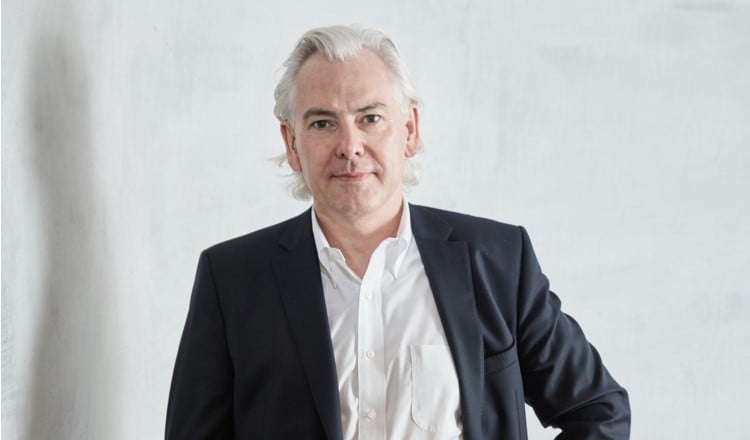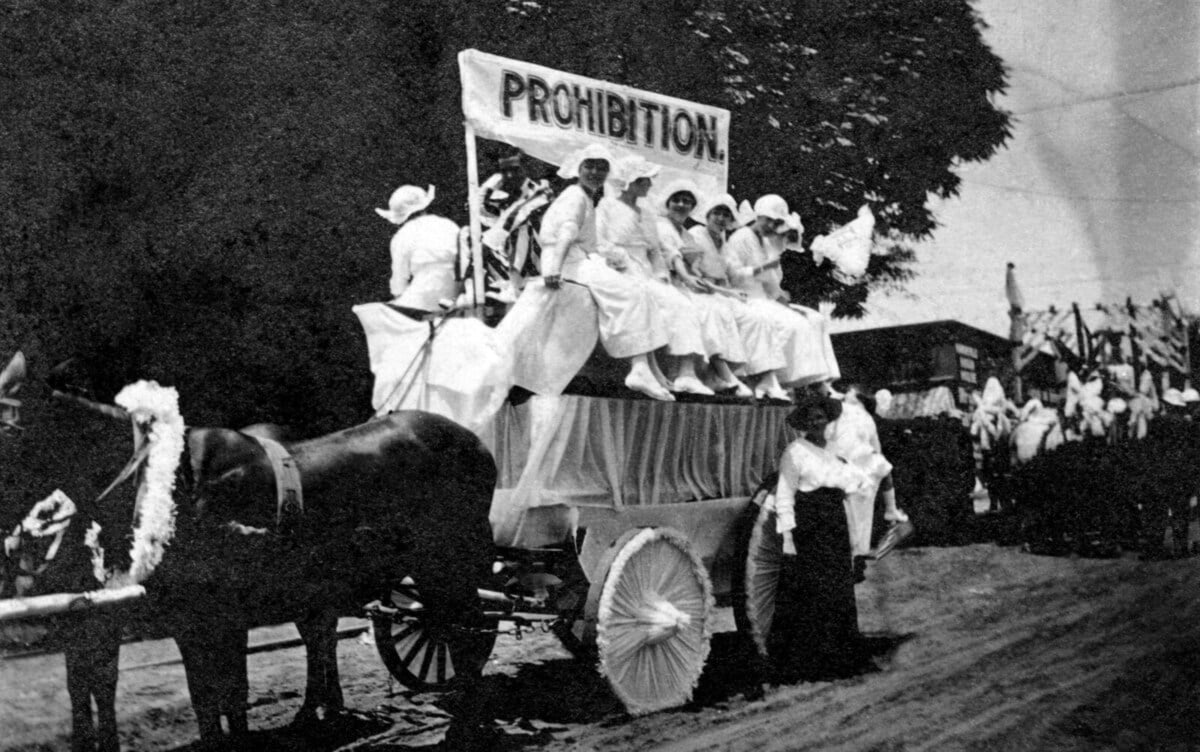One hundred years ago in January 1920, America became a desert for those in search of alcohol. Prohibition was enacted to answer perceived notions that liquor sparked crime and violence, broke up families, affected health and was against the will of God.
Politicians were convinced it would harness a sense of unity within society. Unfortunately, it didn’t turn out that way—rather, it created division, unrest, and upheaval, and spurred criminal activity.
Prohibition proved widely unpopular. Illegal trade thrived in the form of speakeasies, bootleggers, moonshiners, and rum runners. Alcohol-related deaths increased—as well as corruption, gun sales, violence, and organized crime (giving Al Capone the platform to become the most infamous mob boss in history).
Prohibition didn’t work
As we kick off a new decade, I’ve thought a lot about the lessons we can learn from this era in U.S. history. When alcohol was outlawed—for 13 years, with no satisfactory alternative—the demand remained. Hence, black market–driven chaos and civil unrest ensued.
Regarding smoking, today there are better alternatives. At Philip Morris International (PMI), we have transformed our company to focus on the research and development of market-leading, scientifically substantiated smoke-free products for adult smokers who won’t otherwise quit tobacco or nicotine.
Seeking to outlaw or undermine these products based on emotion over scientific fact would potentially deprive hundreds of millions of adults the opportunity to move to smoke-free alternatives that provide the same level of satisfaction as, say, a cigarette.
We believe these people and their loved ones deserve the right to a better choice—and we are working to get this message to people who can help. This work of achieving a smoke-free world inspires and motivates me every day.
Science-backed choices
When we took our place in peripheral events around Davos in January 2020, I had more resolve than ever to put science, truth, and transparency at the heart of our efforts for a smoke-free future; to share the pivotal role harm reduction plays in
providing consumers who would otherwise continue to smoke cigarettes with the better, science-backed choices they deserve.
We weren't included at Davos, but you would have found us steadily advocating from the sidelines for a commonsense approach to public health.
We’re asking that reason becomes the basis of the debate in creating fair regulations for smoke-free alternatives. We’re inviting conversations with all interested parties—we just ask that views colored by misinformation be left at the door.
I believe our products can deliver a smoke-free future for all, and I’m intent on getting the word out about our pragmatic, fact-based, and consumer-centric approach. That’s my role—not only in work but also in life—for the sake of the world’s estimated one billion smokers.
We want to help politicians, regulators, key opinion leaders, and other stakeholders realize that better alternatives to continued smoking have the potential to reduce smoking prevalence at rates much faster than WHO predictions.
As we took part in discussions, media interviews, and informal debates in Davos this year, we had an opportunity to share our work transparently with the parties we need to help make a smoke-free future a reality. Ultimately, we can move faster if we work together to secure a smoke-free future for all.
* This article was published in January 2020, and updated in June 2024. Jacek Olczak was Chief Operating Officer at the time of writing.






